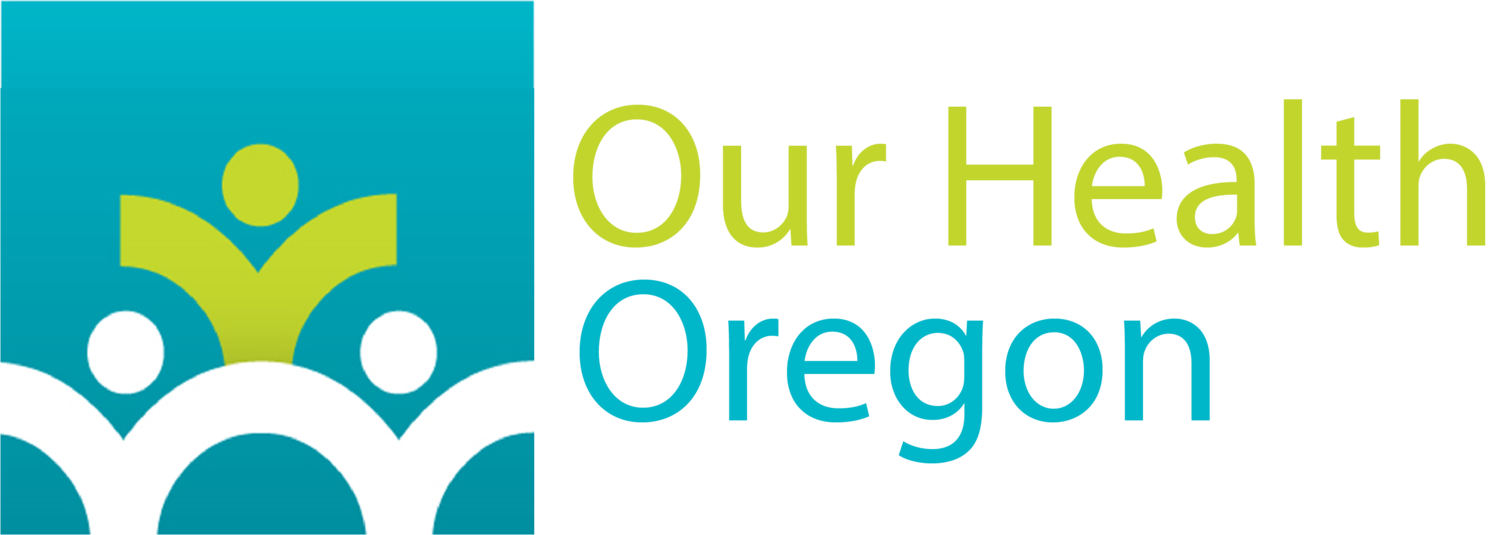By now it’s no secret that the COVID-19 Delta variant is ravaging Oregon, and COVID-19 hospitalizations are at a record high across the state, overwhelming hospitals, and in some localities, causing health systems to seek assistance from the national guard. In all of this, our frontline health care workers have continued to stand strong, caring for their communities, even while facing extreme fatigue and burnout from the last year and a half of fighting this terrible illness.
In times of crisis like this, it’s easy to feel powerless. But there are ways you can be involved in helping frontline workers. We’ve compiled five simple ways you can help.
1. Get Vaccinated
If you haven’t been vaccinated yet, please do so today. Receiving your COVID-19 vaccination is still the most effective way to protect yourself and your loved ones from contracting a life-threatening case of COVID-19. It also makes you far less likely to need hospitalization, helping to keep hospital beds available for those who need them most. It’s also free and easily accessible.
2. Avoid the ER (If You Can)
With the surge in hospitalizations from COVID-19, hospital emergency rooms are overwhelmed, with some resorting to treating patients in the halls because there were no beds available for them. If you have an urgent medical need, you might want to call a nurse advise line and consider whether you can be treated at an urgent care facility instead of a hospital. Obviously, if you are having a severe medical emergency, you should still go to the ER, but understand that there is a significant strain on resources for many health systems in the state right now.
3. Stay Inside (If You Can)
Hospitalizations and ER visits may sometimes be higher in the summer due to increased travel, vacations, and outdoor activities, leading to more accidents and other medical emergencies. This on top of the risk of exposure to the Delta variant when out and about in public means the safest thing you can do for yourself and your community right now is to stay home if you can. Reducing your risk of needing medical services during this time could be invaluable to someone who can’t avoid a medical emergency that necessitates a trip to the hospital. If you can, stay inside.
4. Wear a Mask
If you need to go out into public places, wear a mask for your safety and the safety of others. Masks coupled with vaccinations are some of the strongest protections available for frontline workers and the public.
5. Encourage Frontline Workers
We all have friends, family, or know someone who is a frontline worker and is likely exhausted, fatigued, and emotionally drained from fighting through this pandemic for so long. If someone (or maybe a few people) just came to mind for you, reach out to them and let them know how much you appreciate them and support them. A kind word of support and encouragement can go so much further than you know.
Lastly, if you’re reading this and you ARE a frontline worker fighting this pandemic, please know that we’re so thankful for you and for everything that you’ve given throughout this crisis. You are truly a hero, and there’s no way on earth to quantify our gratitude.

